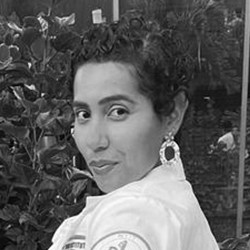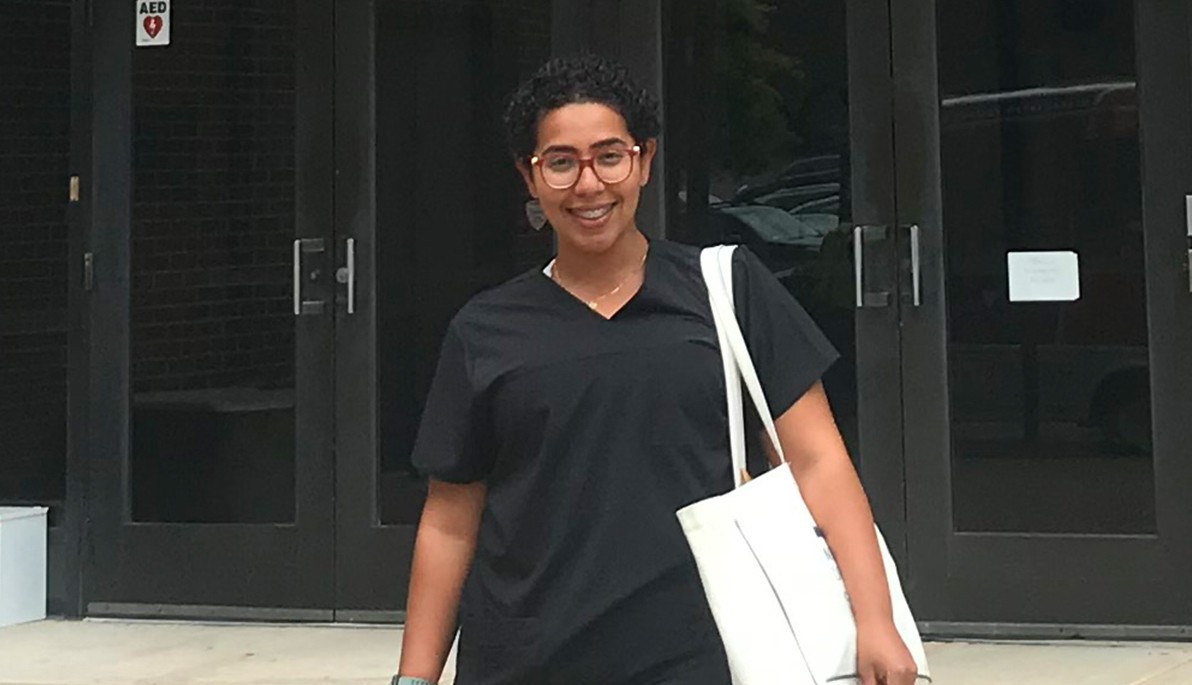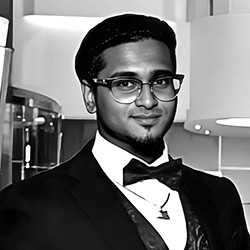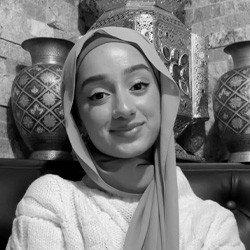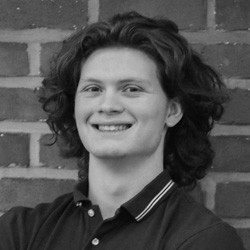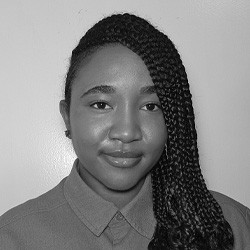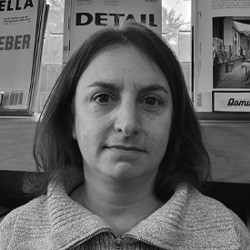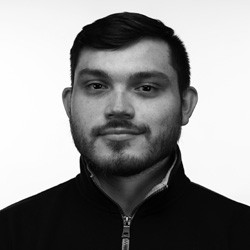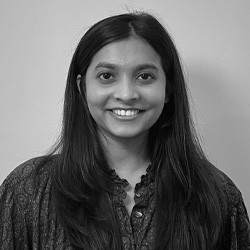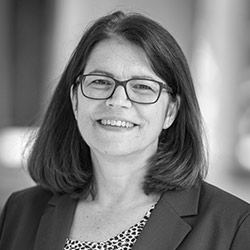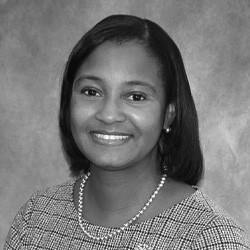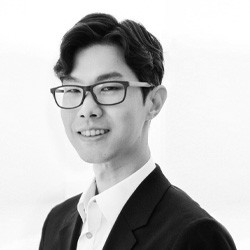Considerate Care
“I want to go to outer space so, so bad! I believe it is possible for me,” says Elianna Sanchez. The first-year College of Osteopathic Medicine (NYITCOM) student might have a fascination with the stars, but her feet are planted firmly on Earth, where she has a different fascination. “I am interested in serving diverse communities in urban areas,” she says. As the 2022 recipient of the American Association of Colleges of Osteopathic Medicine (AACOM) Sherry R. Arnstein Underrepresented Minority Scholarship, Sanchez has already proven herself to be a contributing member of the medical and local community.
Where did you grow up?
I grew up in Queens, N.Y., with a big family that includes two loving parents, two sisters, three sassy nieces, two cats, a turtle, and lots of fish. My dad is one out of 16, and my mom is one out of 9, so I have many aunts, uncles, and cousins.
Can you talk about your educational background?
I went to SUNY Oswego, where I completed my bachelor’s degree in wellness and promotion and played on the women’s lacrosse team as a goalie. From there, I served at AmeriCorps as an assistant team leader, where I worked with a team to provide direct hands-on services to different communities in Oklahoma, Kansas, and Yonkers, N.Y. The projects we worked on ranged from home repairs and cattle roundups to assisting at COVID-19 vaccination sites.
After that, I started a position at the Icahn School of Medicine at Mount Sinai in New York City as a clinical research coordinator. My experience working clinically with patients further solidified my desire to pursue medicine. During this time, I joined the Nieves Latin Dance team, where I was able to unwind by dancing all my stresses away. Then I was accepted into the NYITCOM, and now I am completing my first year of medical school.
What drew you to NYITCOM?
NYITCOM has all the things I was looking for in a medical program. It’s close to home, so I can be near my family, and it offers the Master of Public Health degree program along with the Global Health Certificate. NYITCOM has students, faculty, and staff members dedicated to ensuring students succeed. I like being in an environment where people push each other to grow.
What made you want to go into medicine?
As the child of Dominican immigrants, I have seen the effects of language barriers and an inability to take time off work on my parents’ access to quality healthcare. My experiences shadowing at a local hospital in Benin, West Africa, working with HIV+ patients, and working alongside devoted doctors like Dr. Linda Law from Mount Sinai also led me on this path. I have always had a passion for healthy living, and I have gained even more respect for the profession as I have learned the true meaning of being a doctor.
Last summer, my mother had two mini strokes and a heart attack within the same week. I am grateful to God and modern medicine for helping keep my mother alive, and she is doing well now. During that time, she was often confused about what happened, who was managing her case, and when she would go home. She does not speak much English, which made it difficult for her to understand the information she was given. It also made it difficult for her to ask questions about her own health. I was surprised to find this was such a problem, as we live in New York City, and there are many people who speak Spanish, but this seems to be a common experience. Seeing all she has been through made me want to provide quality individualized healthcare that considers the social determinants impacting racially diverse communities.
What projects are you working on?
I am working with postdoctoral Teaching Fellow Cassandra Turcotte on a study focused on health in marginalized communities and identifying signatures of adversity in the skeleton. The project uses rhesus monkey as a model system for understanding how aging and stress alter human bone, particularly in geographic regions affected by environmental instability caused by climate change. I use 3-D anatomical visualization software to measure points on digital monkey skulls to see if hardship has caused their faces to be more asymmetric. I am interested in seeing what the research results show and how we can relate these findings to the aging of human bones.
Congratulations on receiving AACOM’s 2022 Sherry R. Arnstein Underrepresented Minority Scholarship! What does this honor mean to you?
It was a scholarship application that was very difficult to write. It required me to reflect on my challenges and triumphs as the first person in my family to go to medical school. There were times while writing that I would remember all the teachers, counselors, mentors, experiences, and opportunities that pushed me along my path, and I would feel overwhelmed with gratitude and luck. Other times, I would be writing about the challenges I faced working multiple jobs, going to schools that did not have the best academic standing, and feeling like I was always behind the pack, and I felt great frustration. All those reflections made me think about the underrepresented students who also want to pursue medicine and could have made it if they had a professional mentor, financial resources, stable housing, medical resources, academic support, etc. Collectively, these experiences allowed me to see all the things that helped me secure a spot at NYITCOM and objectively discuss ways we can create systems that are more supportive of minority professionals in medicine.
Why are awards like this important?
There are many instances when people want to help a situation but don’t know how or what will be helpful. Distributing these funds to diverse students aspiring to become physicians is a way to help students directly. I spoke about this in my application essay: the importance of understanding a person’s needs and how to address them. Everyone needs different things at different moments in their life. For example, when I was studying for the MCATS, a mentor and dear friend paid a month of rent for me so I could have a quiet place to study. Other times, mentors gave me feedback on an application essay. My family and loved ones have been my support team, cheering me on. All these people gave me what I needed in the moment, whether it was financial assistance, essay edits, or a word of encouragement, and this support helped me to achieve. This is the type of society we need to create, one that has resources available to those who want to push forward.
This interview has been edited and condensed.
